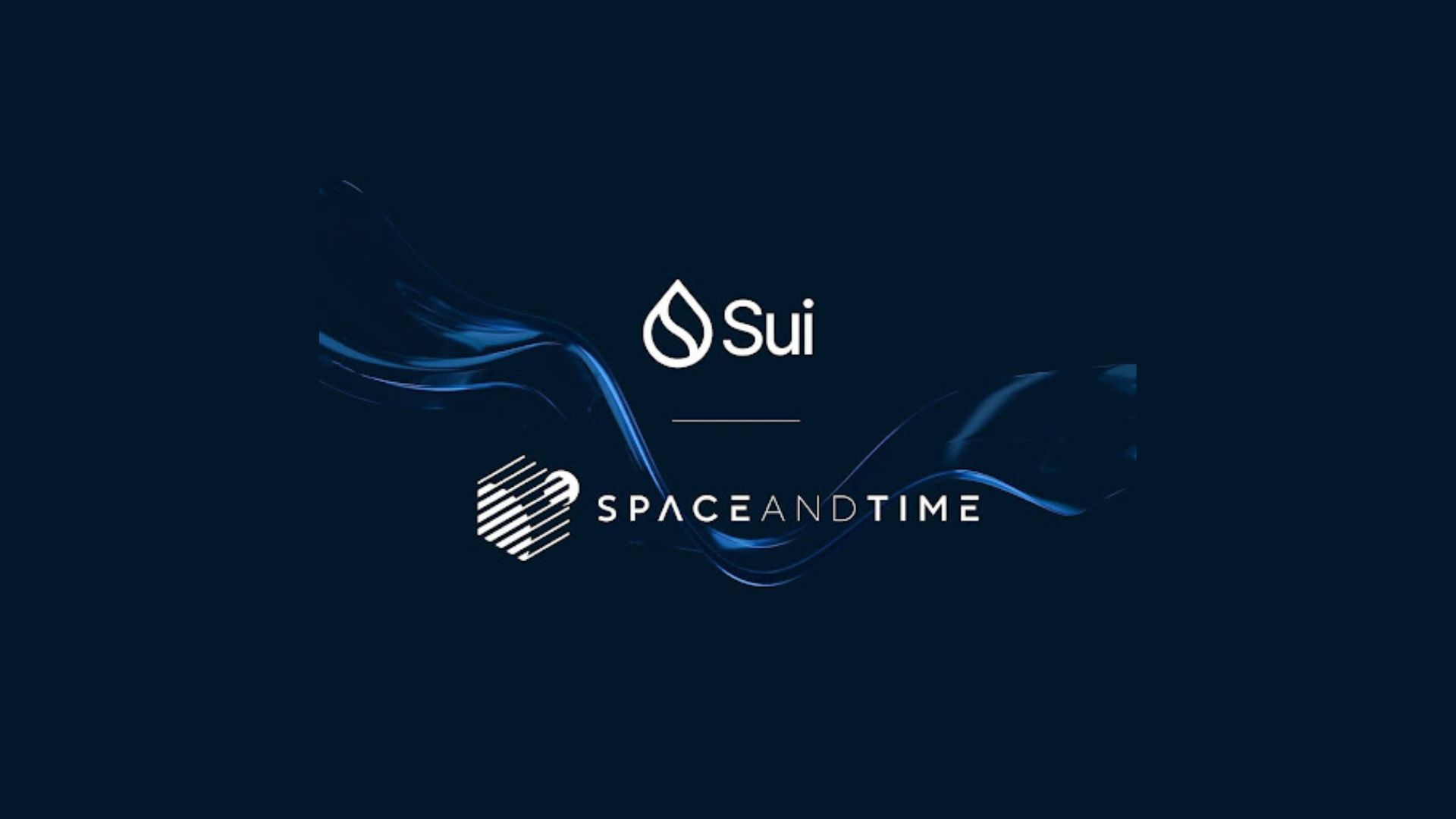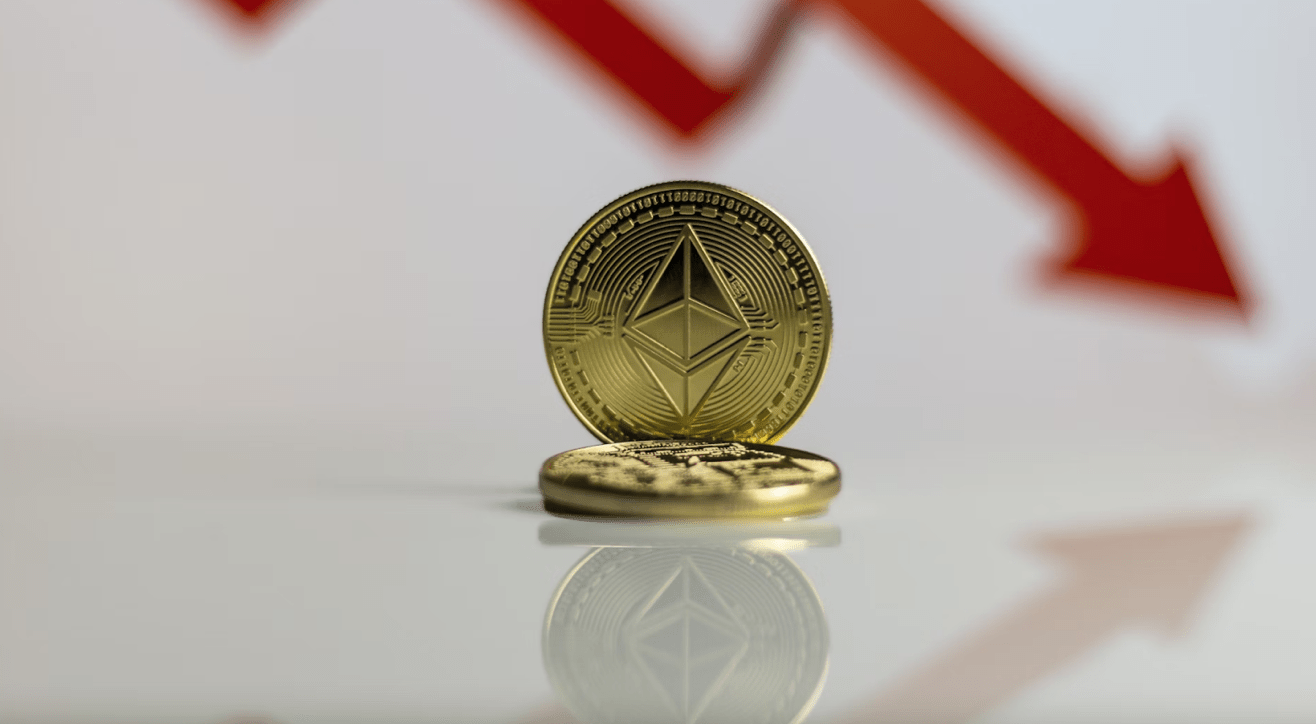Table of Contents
Many crypto enthusiasts are currently on an LSD trip. Not the drug but liquid staking derivatives, which have become the "hot trend" in cryptocurrency. However, the upcoming Ethereum Shanghai upgrade will likely disrupt these assets' liquidity and trading volume across all exchanges, for better or worse.
The LSD Journey Is In Full Effect
Trading cryptocurrencies and exploring the many opportunities can provide a severe adrenaline rush. However, some users go one step further by exploring LSD options. Specifically, they use liquid staking derivatives, tokens tied to popular liquid staking providers like Lido, Rocket Pool, Marinade, Frax, and Ankr. Liquid staking's momentum comes from users being able to stake any amount of Ethereum/Solana/other assets to earn rewards rather than the "required amount".
In addition, users on an LSD journey can use their derivative tokens as liquidity across exchanges and decentralized finance. For instance, one can provide DEX liquidity as an LP with LSD assets. It is an excellent way to tap into another revenue stream while earning staking rewards. Even though Ethereum stakers cannot earn rewards yet - that will require a network upgrade - it has become a prominent option for those looking to make money.
Unfortunately, for many users, the LSD journey may not last as long as they would like. Although the industry currently represents $8.3 billion in assets, the Ethereum Shanghai network upgrade will hit the network in a few months. Once it does, there is no immediate need to stake through a liquid staking provider unless they can provide much higher rewards and incentives. Instead, users can stake ETH directly without needing 32 ETH to become a validator. That will likely result in users removing liquidity from Lido, Rocket Pool, and consorts.
As one would expect, the looming decline in the popularity of these assets will impact overall liquidity and volume. As demand for stETH and rETH dries up, users will have a harder time trading these tokens to buy or sell. In addition, the "appeal" of using these LSD assets in DeFi may dwindle, as single-sided ETH staking can provide more appealing rewards0. Unless liquid staking providers find ways to unlock new rewards, exchange-based activity for these assets will decrease rapidly.
Higher LP Incentives To Thwart CEX Dominance
It is also worth noting centralized exchanges provide Ethereum staking functionality today. Platforms like Coinbase, Kraken, and Binance hold tremendous liquidity. When users no longer need liquid staking providers, they become more likely to deposit their ETH on exchanges for staking and trading through one interface. That will, in turn, further reduce demand and liquidity for LSDs. Additionally, it will increase CEX liquidity for staking, which isn't necessarily the ideal outcome either.
If an LSD becomes illiquid, a problem ensues. One way to avoid more dominance by centralized exchanges is through a "network effect" for LSDs. Assets like stETH, cbETH, and wstETH are all compatible with Balancer. As a result, they are compatible with Aura Finance and can provide users with better rewards and incentives. Through Aura Finance, an LSD liquidity provider - with a Balancer-compatible asset - can increase trading fees from the pool and gain exposure to AURA token rewards.
Those users would earn multiple rewards without lifting a finger. The protocol already supports LSDs with rewards ranging from 7.11% to 22.19%, depending on the asset and paired currency. One pool supports wstETH, sfrxETH, and rETH at an APY of 8.32%.
It is a viable alternative to cashing out liquidity staking derivatives in favor of depositing funds through a centralized exchange. More importantly, it would ensure LSDs remain "liquid" while providing liquidity providers with higher yields.
Disclaimer: This article is provided for informational purposes only. It is not offered or intended to be used as legal, tax, investment, financial, or other advice.
Investment Disclaimer











